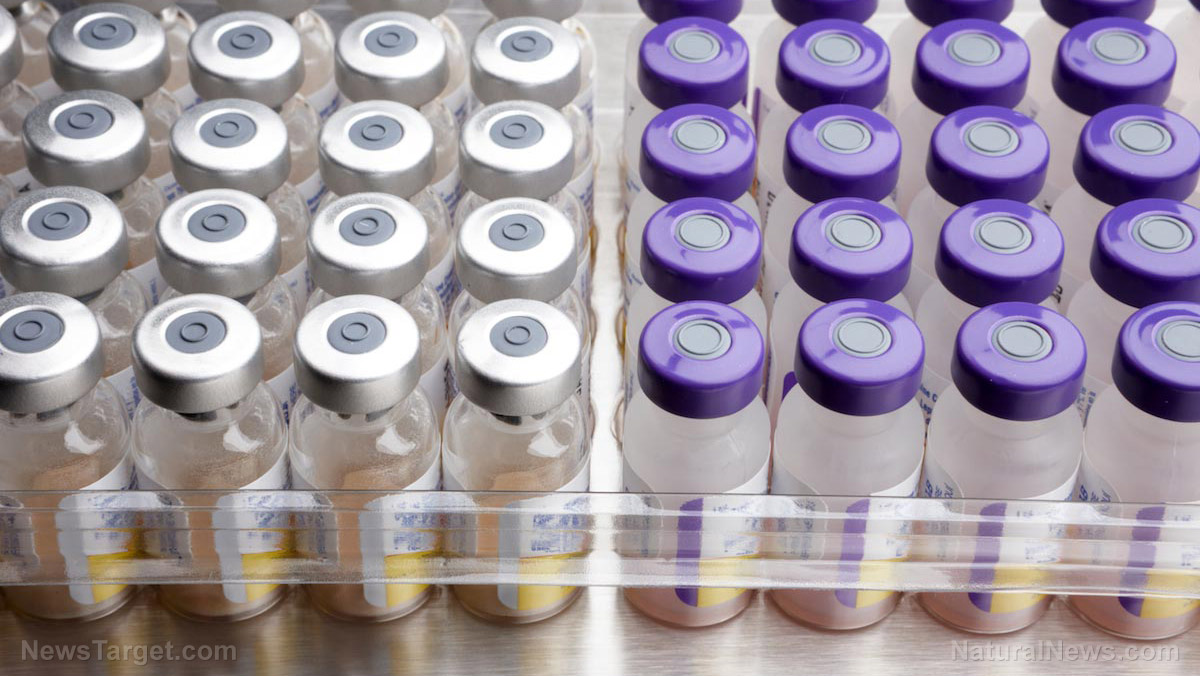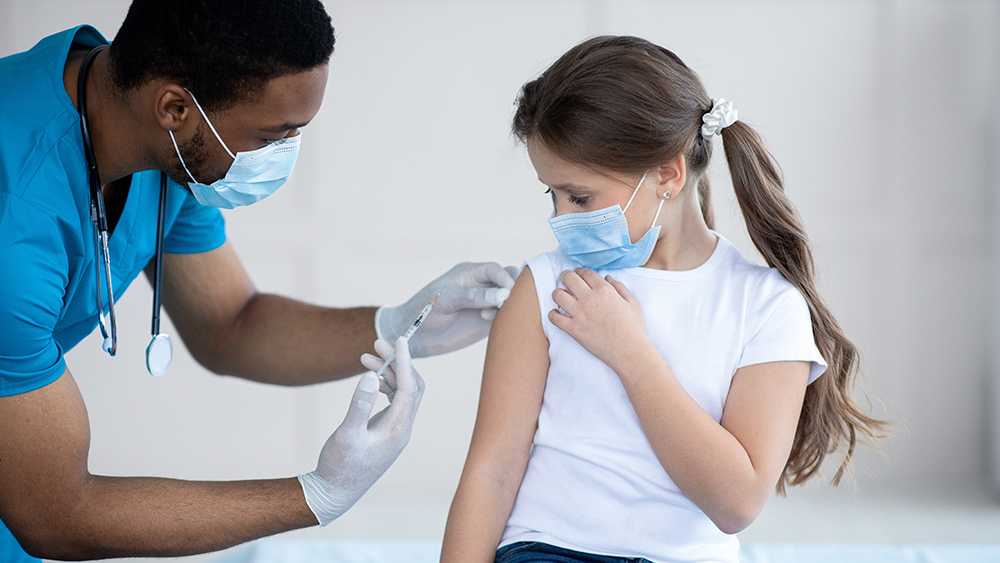As Americans reject dangerous covid vaccines, US states and cities see an increase in unused vaccine doses
05/10/2021 / By Ramon Tomey

Many U.S. states and cities are seeing an increase in the amount of unused Wuhan coronavirus doses. Data has shown that one in three doses remain unused in some jurisdictions, alongside a dwindling number of people signing up for vaccination appointments. Nevertheless, the rise in unused doses and reduction in vaccine appointments in some areas have not impacted the country’s overall COVID-19 vaccination efforts.
A Bloomberg News analysis looked at vaccination figures in the state of Virginia. Based on current data, the state has used up 83 percent of vaccines supplied to it. But the number of people getting the jabs differ in each of the cities in The Old Dominion. The analysis focused on the cities of Charlottesville and Lynchburg – an hour away from each other – to illustrate this disparity.
Vaccine appointments in the northern Virginian city of Charlottesville are difficult to book despite the presence of two mass clinics there. On the other hand, residents in the southern Virginian city of Lynchburg have an easier time booking COVID-19 vaccine appointments. Because of this, northern Virginians go down south to get their shots.
Based on data from the Virginia Department of Health (VDH), about 45 percent of Charlottesville’s population of 47,200 have received at least one COVID-19 vaccine dose. Meanwhile, only about 29 percent of Lynchburg’s residents have received at least one vaccine dose. The ease of booking appointments in Lynchburg reflects the city running out of residents willing to get inoculated.
Central Virginia Health District Director Kerry Gateley said: “At first, we didn’t have enough vaccine and now that we have a pretty good supply, the demand isn’t there.” Lynchburg is part of the health district under Gateley’s purview.
Neighboring West Virginia also faces the same predicament of unused doses accumulating. The Mountain State was initially lauded for its earlier vaccine rollout that focusing on older residents. Back in mid-February, the state used up all but a tiny percentage of its vaccine supply. This has subsequently risen to 26 percent, amounting to a daily average of more than 350,000 unused doses as of the week of April 4.
West Virginia’s COVID-19 czar Dr. Clay Marsh remarked that the state’s vaccination drive has focused on teenage up to middle-age residents, where most new cases are emerging. “We’re seeing more incidents of more people needing more convincing or needing more time to make their decision. We’re right on that interface of having more vaccine [doses] than arms to put them in,” he said.
Reports of post-vaccination adverse reactions contribute to vaccine rejection in certain areas
Setting aside the difficulties in the two states, demand for COVID-19 jabs remains strong. The U.S. still leads the way in vaccinations, with 37 percent of Americans getting at least one dose. Despite this lead, some states are still having difficulties in areas with low vaccine uptake.
University of Virginia Health Epidemiology Director Costi Sifri warned against vaccine hesitancy in certain locations, saying that these “have the opportunity to undo” hard-earned gains in fighting the Wuhan coronavirus. Experts believe that unvaccinated pockets in the country sufficient room for the pathogen to spread and even evolve into more infectious variants.
Sifri commented: “We’re going to have this same type of challenge played out in every state in the country. How do we close the vaccine gaps that are going to occur geographically?”
Adverse reactions are one of many reasons why people are having doubts about getting the COVID-19 shots. Many people experienced various reactions after they were immunized using the different vaccine candidates available. Some even passed away as a consequence of these serious reactions.
The use of the COVID-19 vaccine candidate manufactured by Johnson & Johnson was recently halted following reports of blood clots. Even the Department of Defense (DoD) suspended the use of the one-dose jab upon the advice of authorities. Pentagon Press Secretary John Kirby confirmed the DoD’s suspension in an April 13 statement.
“At the recommendation of the Food and Drug Administration and the Centers for Disease Control and Prevention, the [DoD] is immediately pausing the use of the J&J vaccine. The safety of our force and their families is a top priority. We are communicating this pause to our military health facilities, and are reviewing our global vaccine distribution to address this issue,” Kirby’s statement said.
Another vaccine candidate by British pharmaceutical firm AstraZeneca was also suspended in various European countries in March after reports that it caused blood clots. Children’s Health Defense said some Nordic countries – Norway, Denmark, Sweden and Iceland – banned the vaccine following reports of clots in Denmark and Norway. Some countries in Western Europe – France, Germany and the Netherlands – also followed suit with the suspension.
Some of these nations eventually resumed use of the AstraZeneca vaccine save for Denmark, which permanently banned it.
Visit Pandemic.news to read more reports about COVID-19 vaccination drives across the country.
Sources include:
Tagged Under: Charlottesville, coronavirus vaccine, covid-19 pandemic, immunization drives, Lynchburg, unused vaccines, vaccine appointments, vaccine doses, vaccine hesitancy, Vaccine injuries, vaccine supplies, Virginia, Wuhan coronavirus
RECENT NEWS & ARTICLES
VaccineDeaths.com is a fact-based public education website published by Vaccine Deaths Features, LLC.
All content copyright © 2018 by Vaccine Deaths Features, LLC.
Contact Us with Tips or Corrections
All trademarks, registered trademarks and servicemarks mentioned on this site are the property of their respective owners.




















